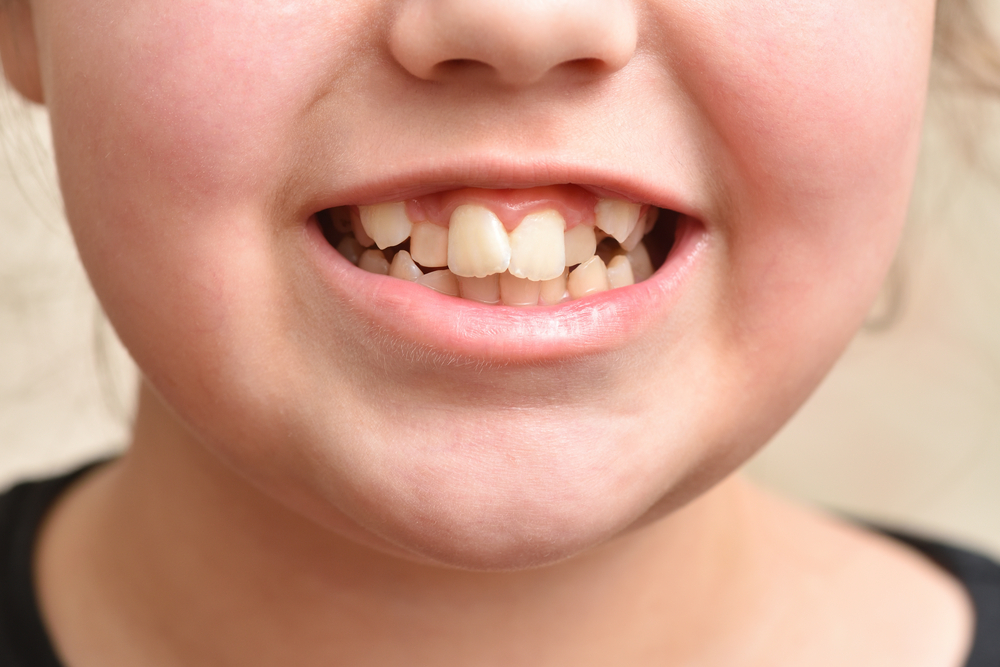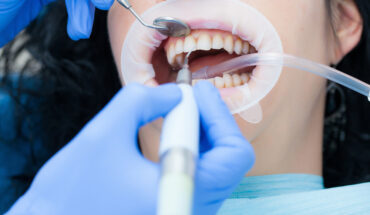
It is crucial to understand that children’s oral health is vital, and various changes may happen during their lifespan concerning the same. Some of the issues include tooth decay, gum diseases, protruding teeth, or any other undesirable habit like thumb sucking, among other impacts that are likely to have effects in the future not only on the general appearance but also on general health.
By being informed about these routine dental ailments, you can easily prevent them from happening. Introducing children to dentistry early is vital; this way, parents can set an example by encouraging their children to develop patterns of oral hygiene, scheduling regular dentist checkups, and proper nutrition.
Cavities (Tooth Decay)
Cavities are one of the most prevalent conditions that affect children. To prevent tooth decay, your child should brush using fluoridated tooth paste. They should also reduce the intake of sweets and soft drinks and instead, take balanced and healthy foods.
Also, parents should make dental checkups and cleaning appointments for better prevention of the severe buildup of plaque and prerequisite signs of dental decay. Even other dental procedures, such as fluoridation and dental sealant, offer additional protection against the development of cavities.
Thumb Sucking and Pacifier Use
Thumb sucking and use of pacifiers are common among children up to the age of 2 years; the continuation leads to dental problems, the wrong positioning of the child’s teeth and jaw included.
To eradicate these problems, you should ease the child out of thumb sucking and pacifiers as they mature. Contact us to learn more on how to avoid dental anxiety.
Early Tooth Loss
Early tooth loss increases the probability of needing orthodontics since early-shinned permanent teeth may have crooked.
Any kind of dental injury should not be taken lightly because the consequences could be much worse. Tooth protection among children should be considered by encouraging them to wear mouth guards every time they participate in sporting activities in order to prevent harm to their teeth. Also, ensure they are having proper meals that will enable them to have well-formed teeth and gums.
Dental Anxiety
Dental phobia is actually more or less widespread and can become a problem for children’s oral health. This fear may cause one not to brush his or her teeth or at all deny treatment for dental problems. To prevent dental fear, start the dental visits as early as possible, although it is recommended that they start right after the first birthday to create a positive attitude towards dentistry.
If there is a need, consult with the dentist about ways or strategies to reduce anxiety or comforting measures so that the child will not have a problem with the dental chair.
Conclusion
Solving your child’s dental health concerns cannot be done by separate efforts, and therefore, proper care is required. Choosing cavity prevention as the primary objective of children’s oral care parents prevent the early loss of their teeth, and dental phobia.
An integral part of the prevention and treatment of these issues is the inspection at the dentist or a positive attitude toward the process of children’s dental care and the maintenance of oral cavity cleanliness in order to not worsen the situation.




